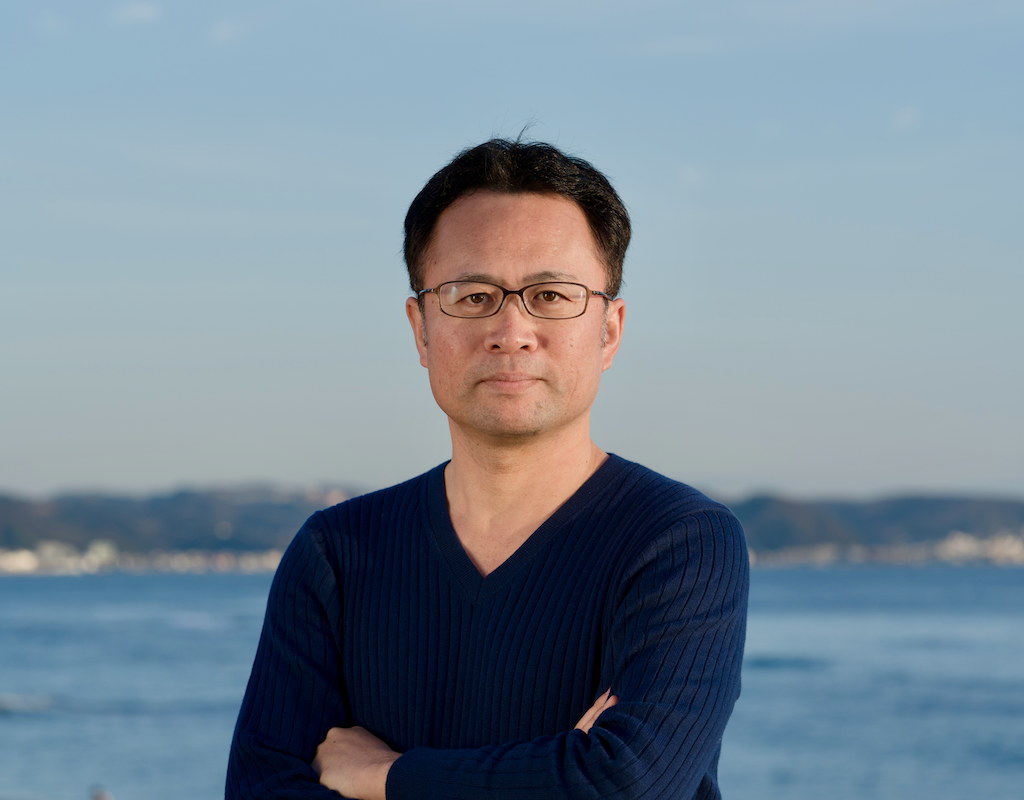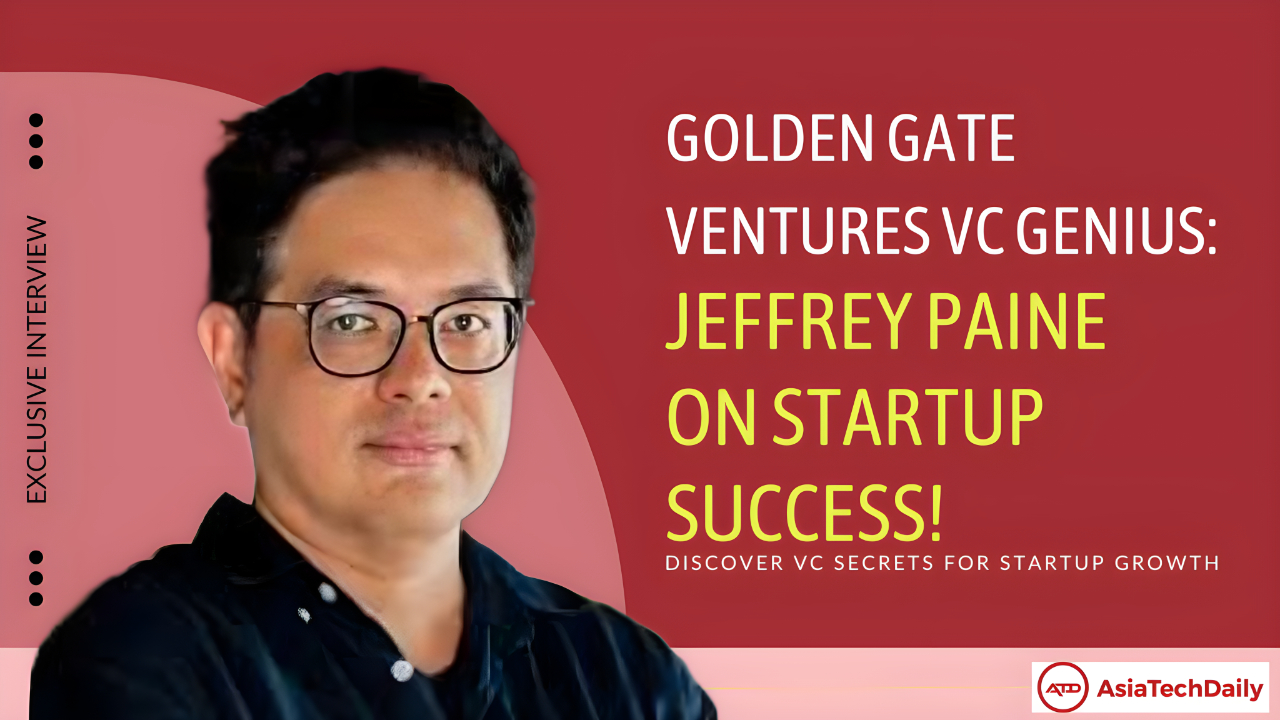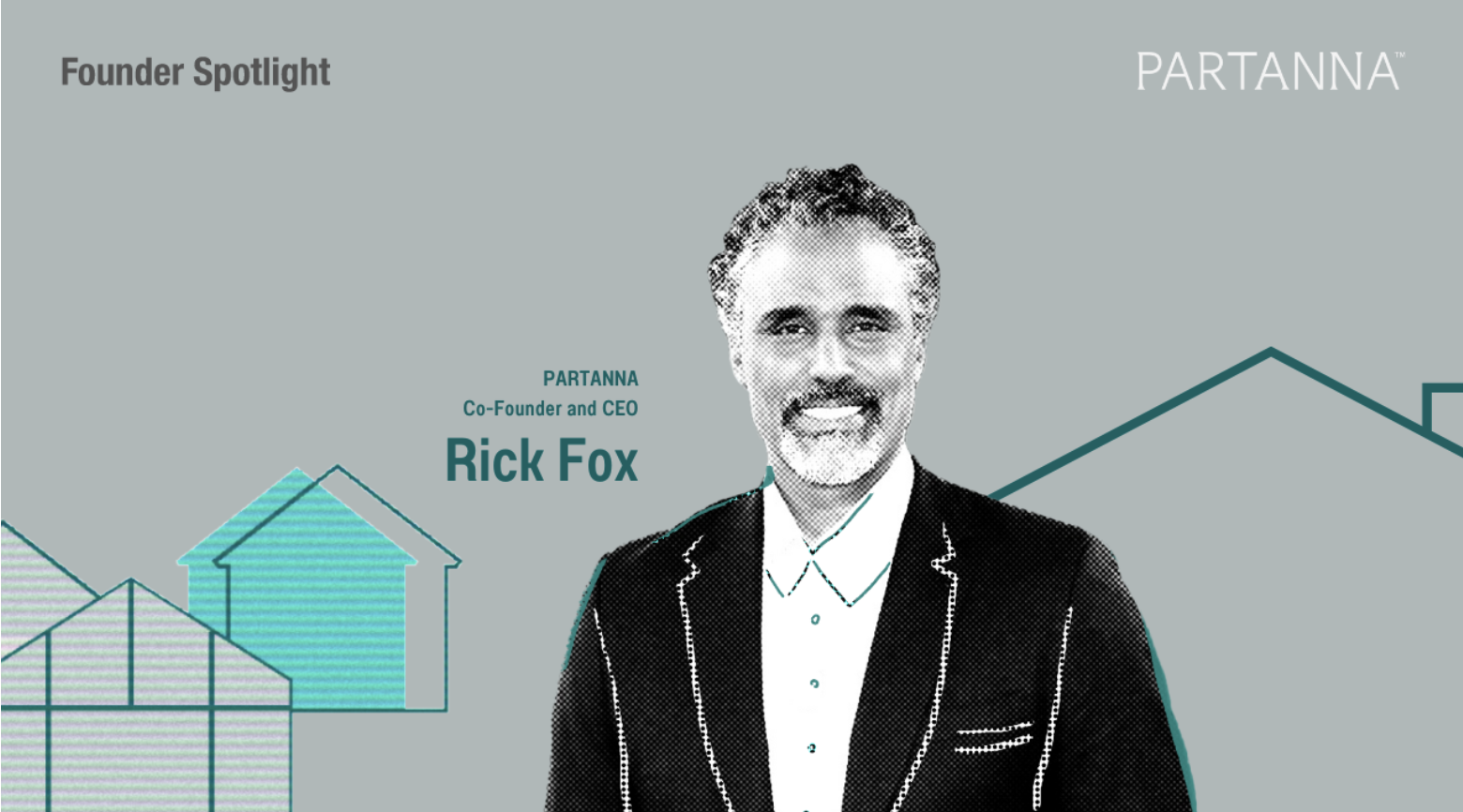AsiaTechDaily – Asia's Leading Tech and Startup Media Platform

How Koji Hori, CEO of Hachi Tama Inc Created The Best-Selling Product Among The Cat Litter Category On Amazon Japan Using IoT/AI?
Koji Hori, CEO of Hachi Tama Inc, is a serial entrepreneur and a seasoned player in the IT and healthcare domains. He started his first business way back in 2003 and is currently running his fourth successful venture, Hachi Tama Inc.
Hachi Tama Inc’s primary business is health management for cats. Koji developed a smart cat litter box “toletta®” that measures body weight and urine volume and monitor with APP using IoT, and also identify multiple cats with AI. Toletta® is also a data platform that shares insights with vets, food, and insurance companies.
He was engaged in hospital information systems at NTT DATA and Johnson & Johnson. After that, he founded some healthcare startups which were successfully sold to third parties with reasonable profits.
In an exclusive interview with AsiaTechDaily, Koji Hori says:
“Most entrepreneurs are unaware that the first idea that triggered them, to begin with, will always fail. I think many entrepreneurs either lose confidence by failing or stick on it indefinitely without admitting the failure. I try to be as forgiving to the first failure as much as possible.
The important thing is to take the next action as quickly and flexibly as possible. I think it is necessary to continue the challenge without being afraid of PIVOT and being ashamed.”
Read on to know more about Koji Hori and his successful journey.
Please tell me about your background, and what are you working on currently?
Koji Hori: I worked on a hospital information system for ten years at the largest Systems Integrator in Japan. I then worked as a medical management consultant at Johnson & Johnson for three years.
I started my own business in 2003 for the first time, and the current business is my 4th one. I divested two companies out of which one became one of the largest hospital consulting firm. In short, I am a serial entrepreneur and my strengths in IT and healthcare.
Currently, I am running Hachi Tama Inc, whose primary business is the IoT / AI cat litter box “toletta®” that enables health management for cats.
What motivated you to get started with your company?
Koji Hori: The trigger was The Great East Japan Earthquake that hit Japan on March 11, 2011. I witnessed the tragedy that the victims and their pets could not evacuate together and wondered if I could do anything for pets. I was working in the field of human healthcare until then, so I decided to start working on pet healthcare.
What is your current main product, and (If there is any) can you share any product pivot story from founding to the current product?
Koji Hori: We sell “toletta®” for cat health management. Besides, we established a new type of veterinary hospital leveraging toletta’s data. This new veterinary hospital service will be launched on February 22.
For pet owners, pet illness and bereavement are unavoidable sad themes. I have also experienced pet illness and bereavement by myself many times. On every occasion, I was thinking the same thing. “If I could have noticed a bit earlier,” of course, pets can’t talk. Therefore, I decided to develop a monitoring device that would allow us to quickly notice unusual pets’ behavior and focused on a cat litter box.
The development of this product took around two years, but we were able to overcome many difficulties and finally launched it in 2019.
How have you attracted users and grown your company from the start?
Koji Hori: To get the customer’s attention, initially, we provided the hardware free. We charged only $5/month for the service, and our pre-order reached 2,000 customers a month.
What is valuable to us is the cat health data collected by the hardware. For that purpose, we were able to achieve the goal.
Since then, the price was changed to $ 300/unit, but the sale is still strong. Even after the price changed, we won the No.1 best-selling product among the cat litter category on Amazon Japan twice.
What’s your business model, and how have you grown your revenue? What strategy worked best?
Koji Hori: When our service started, it was a business model to sell only the hardware, but we’ve been thinking about how to use the data we collect to create new revenue opportunities.
And we founded a new style of a veterinary hospital that utilizes monitoring data from toletta®. This veterinary hospital is a unique business model that operates on a subscription fee of $ 20 per month. This business model makes LTV 10 times bigger than hardware sales only.
We use this combination of hardware and subscription services to establish a unique position in the pet industry.
How much money (funding) have you raised in total so far? When was the recent funding round?
Koji Hori: So far, we have raised a total of $4M ($1 = ¥100). The Pre-Series A round was completed last December.
How do you decide when to go out for fund-raising? What were the internal decision processes in determining when to begin fund-raising, and what were the logistics for this?
Koji Hori: Whether we need financing is determined by regularly reviewing our business plans. We frequently review our business plans and aim to secure enough funding for up to one year in the future.
The final decision on whether to raise funds will be based on the opinions of other directors and shareholders.
Once we decide to raise funds, we develop a strategy for the procedure of finance.
How many investors have you met so far, and which among them have invested in your past funding rounds? And how long does it take on average to finalize each funding round?
Koji Hori: I’ve heard other startups visit hundreds of investors, but I haven’t met so many investors. I will disseminate our information to many investors at pitch contests and hold meetings with interested investors.
Then, the potential investors make an investment decision with a probability of about 50%. It takes half a year on average to procure the fund.
How did you meet these investors, and which channels worked best for you?
Koji Hori: Apart from the pitch contest, the introduction was a very effective way. An introduction or reference from a leading investor seems to give a good sense to a new investor to decide the investment.
Existing shareholders may refer to new investors as well. The invitation to “Get on the same boat” is my favorite phrase.
What are the biggest challenges you’ve faced and obstacles in the process of fund-raising? If you had to start over, what would you do differently? (Your insight or advice on this would be very helpful for startups)
Koji Hori: Because we developed the hardware, we needed a lot of money in the initial phase compared to startups that only do software development. Hardware development involves many difficulties. We had to re-do the development several times.
As a result, the funds on hand were consumed rapidly, so the fund procurement process was constantly ongoing. In addition to financing through equity, I borrowed money from banks using personal assets as collateral, and I also received funds from my parents and friends.
What are your milestones for the next round? And what are your goals for the future?
Koji Hori: The next round will be a Series A round. Subscription veterinary hospital service scaling and expansion into the U.S. market will be the upcoming milestones.
The future goal is to make cats around the world happier and healthier.
What are the most common mistakes founders make when they start a company? (or What should all first-time startup founders know before they start their business?)
Koji Hori: Most entrepreneurs are unaware that the first idea that triggered them, to begin with, will always fail. I think many entrepreneurs either lose confidence by failing or stick on it indefinitely without admitting the failure. I try to be as forgiving to the first failure as much as possible.
The important thing is to take the next action as quickly and flexibly as possible. I think it is necessary to continue the challenge without being afraid of PIVOT and being ashamed.
What do most startups get wrong about marketing?
Koji Hori: We went through a lot of trial and error and have experienced many mistakes in marketing. Marketing new products and services that never existed before is very complicated.
So, we focused on increasing the initial users’ satisfaction. Their satisfaction can bring useful information to gain new users.
What’s the best advice you’ve ever received? And What advice do you have for someone who is interested in doing similar things like yours or in a similar direction?
Koji Hori: I wrote down Peter F Drucker’s words when I started my first company. “One cannot manage change. One can only be ahead of it.”
These words have been deeply carved in my heart for over a decade and have motivated me.
What are the one or two things that you would do differently if you could go back to 10 years ago?
Koji Hori: That’s a very interesting question. I often think that if I could go back to the past, but it would be a dream that would never come true. I try to accept the mistakes I made in the past and focus on the future. It is up to you to take advantage of your past mistakes and kill them.
You can follow Koji Hori here.
Are you looking to secure investment for your startup or a keen startup enthusiast, keep an eye on our interview section.
Follow Asia Tech Daily to know about the innovative startups and how they are revolutionizing the ecosystem.





